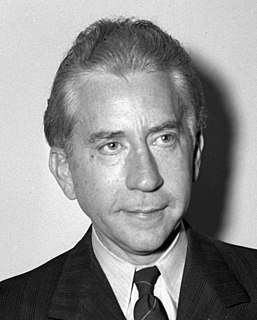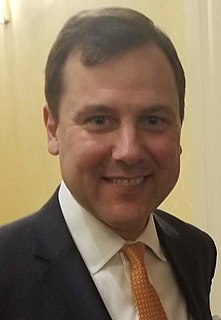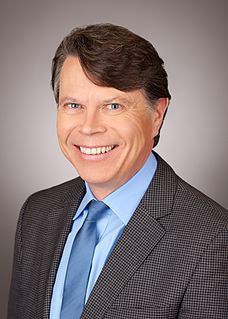A Quote by J. Paul Getty
Today's dissenters mainly focus their attention and expend their energies on the most inconsequential of trivia. ...Allegedly serious intellectuals quibble endlessly over such ridiculous trivialities...In the meantime, the public is lulled into a perilous somnolence, spoon-fed pap, and palpable untruths, many of which are turned out by special-interest and pressure groups and well organized propaganda machines.
Related Quotes
I think that the best approach would be if the American people ever insist that we cut down on the massive amounts of money that moves into the campaigns from special interest groups, and if we resist publicly by saying "No more negative advertisements that destroy the reputations of one's opponents." In the meantime, just don't pay any attention to negative ads, if you can avoid them, and try to focus on the issues.
The AMA puts the lives and well being of the American citizens well below it's own special interest...It deserves to be ignored, rejected, and forgotten. No amount of historical gymnastics can hide the public record of AMA opposition to virtually every major health reform in the past 50 years....The AMA has turned into a propaganda organ purveying 'medical politics' for deceiving the Congress, the people, and the doctors of America themselves.
The nation in arms is virtually a communist state: the people must be paid wages and fed and protected and regimented behind the lines as much as on the front. Minds must be kept loyal and at the right pitch of hate, so that successive drafts of fighters are accepted without murmurings. Letters and newspapers must be censored while the propaganda mill grinds on. As for decisions of strategy and overall command, they must please many masters: dissenters in the cabinet, the heads of the allied states and public opinion. Hence failures must be disguised or concealed.
A small group is powerful in matters relating to a particular industry, because then it is normally the only organized force, but it is less formidable when questions which divide the entire nation are involved, for then it must take on organized labor and other large organized groups. The business community in the aggregate is for this reason not uniquely effective as a pressure group.
Dickens was born in 1812 and died in 1870, having produced fifteen novels, many of which can confidently be called great, as well as having accomplished outstanding work in activities into which his insatiable need to expend his vast energies - to achieve, to prevail - carried him: journalism, editing, acting, social reform.
Campaign finance and ethics reform only works if it curtails all special interest groups equally and does not carve out any exceptions to benefit one party or another. 'Pay to play' reform was passed to limit the influence of big spending contractors over the public officials from whom they are trying to obtain work.
Now listen to the first three aims of the corporatist movement in Germany, Italy and France during the 1920s. These were developed by the people who went on to become part of the Fascist experience: (1) shift power directly to economic and social interest groups; (2) push entrepreneurial initiative in areas normally reserved for public bodies; (3) obliterate the boundaries between public and private interest -- that is, challenge the idea of the public interest. This sounds like the official program of most contemporary Western governments.



































